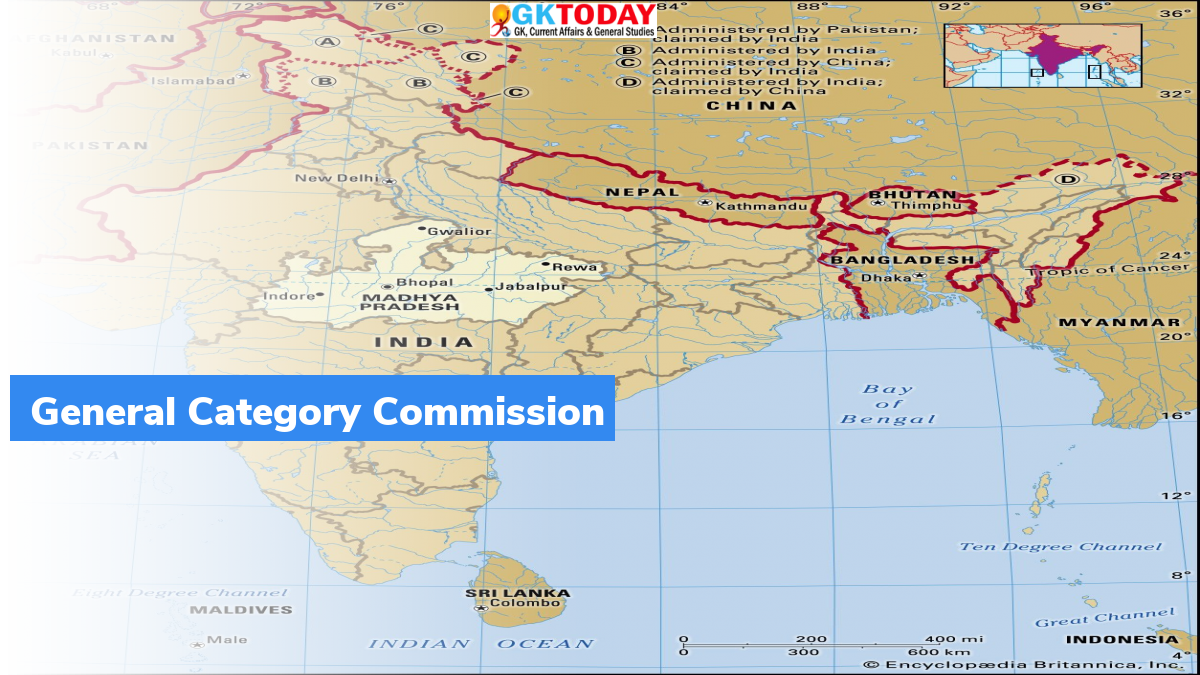General Category Commission
The General Category Commission was planned by the Madhya Pradesh Chief Minister Shivraj Singh Chouhan. The commission was constituted to plan the employment and welfare of the general category in the state. In order to understand, why the commission was formed, it is essential to learn about certain basic concepts. They are as follows:
GoI towards General Category
In January 2019, the Government of India approved 10% reservation in educational institutions and government jobs for the Economically Weaker Sections (EWS) in the General Category. The EWS has an annual income less than 8 lakh rupees. They are general category people. They do not belong to categories of OBC, SC, ST.
Caste Representations in India
In India 20% of the population belong to Scheduled Caste, 41% belong to OBC, 9% belongs to Scheduled Tribes. 30% fall under General Category. This data is according the National Sample Survey Organization.
Definition of General Caste
The Government of India defines General Caste as the caste that does not come under SC, ST or OBC. They are socially, economically and educationally advanced.
Why was the commission formed?
- There is a widespread issue in India that the general category people are not getting equal representation in the government or government run agencies. This includes government employment opportunities, in courts, educational institutions, etc. For instance, in UPSC, there is only 40% seats available for the unreserved category. The commission was formed on this basis.
- 30% of the General Category people are illiterate. And a significant percentage of forward caste lives below poverty line.
- Demands are being raised to provide separate reservation for the poor in the general category. Several political parties such as Bahujan Samaj Party, BJP, Rashtriya Janata Dal have supported the proposals of separate reservation for the poor in the general category.
What is the issue?
Many sates have greater forward caste population. For instance, Uttarakhand, Himachal Pradesh, Haryana, Assam, Goa. This means that the number of seats or opportunities grabbed by the forward caste is not proportionate to their population.


